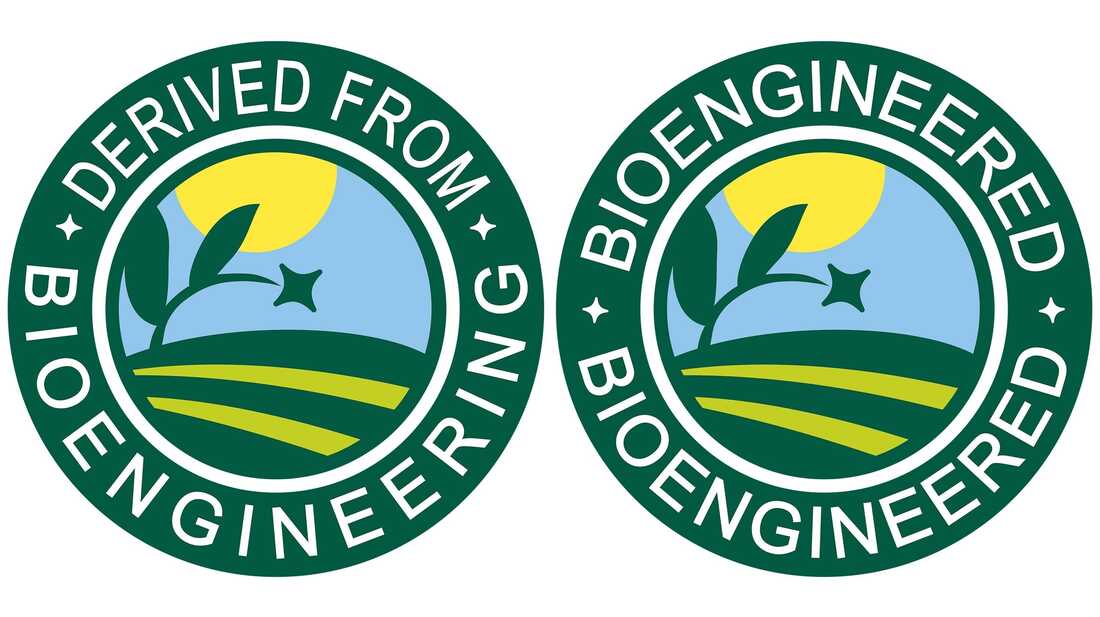Say goodbye to GMOs. The new term for foods created with a boost from science is “bioengineered.”
As of Jan. 1, food manufacturers, importers and retailers in the U.S. must comply with a new national labeling standard for food that’s been genetically modified in a way that isn’t possible through natural growth.
Consumers will begin to see labels on some foods that say “bioengineered” or “derived from bioengineering,” as the new federal standard takes hold and replaces the former patchwork of state-level requirements.
The change has been several years in the making. In 2016, Congress passed a law to establish a national benchmark for the labeling of genetically modified food in an attempt to give people more information about what they eat and standardize labels across the country. Sonny Perdue, who served as agriculture secretary during the Trump administration, announced the regulations in 2018.

U.S. Department of Agriculture
“The National Bioengineered Food Disclosure Standard increases the transparency of our nation’s food system, establishing guidelines for regulated entities on when and how to disclose bioengineered ingredients,” Perdue said at the time. “This ensures clear information and labeling consistency for consumers about the ingredients in their food.”
But critics say the rules devised by the U.S. Department of Agriculture will actually confuse consumers further and make it harder to know what’s in any given product. One advocacy group has even sued the USDA to try to block the new regulations from taking effect.
Click the link below to continue…
